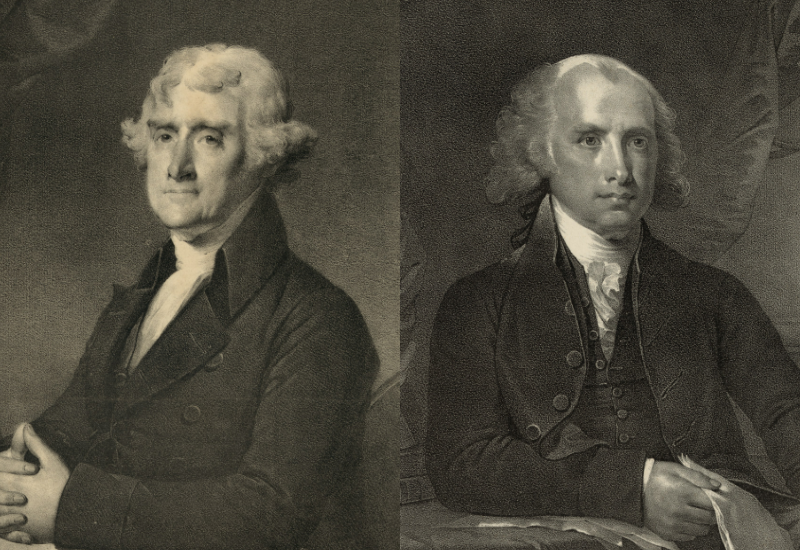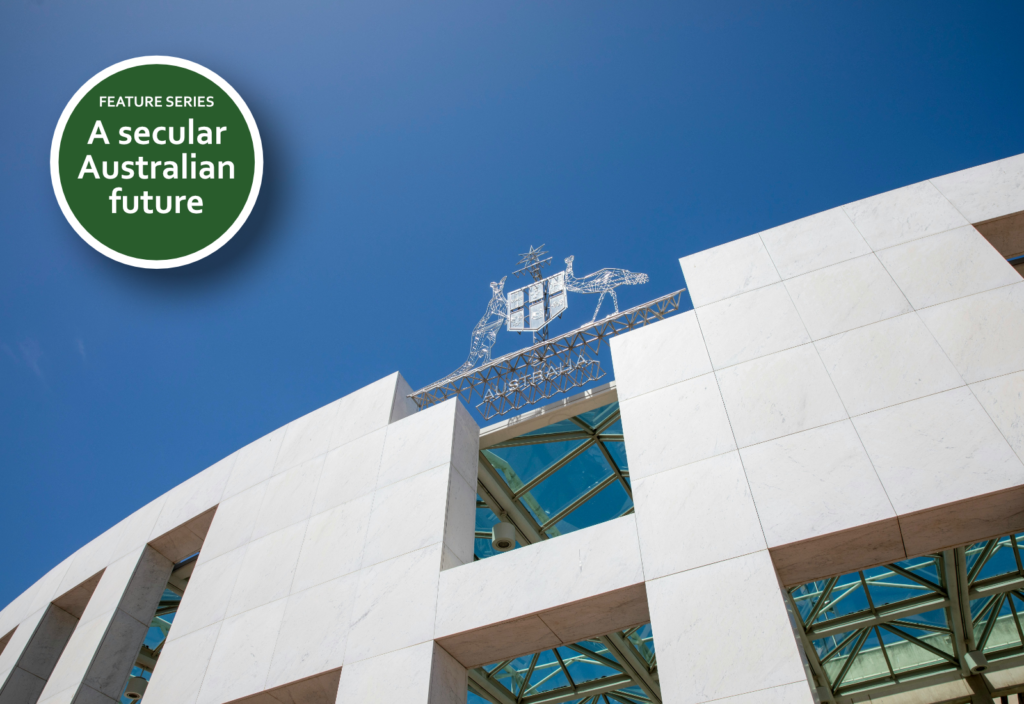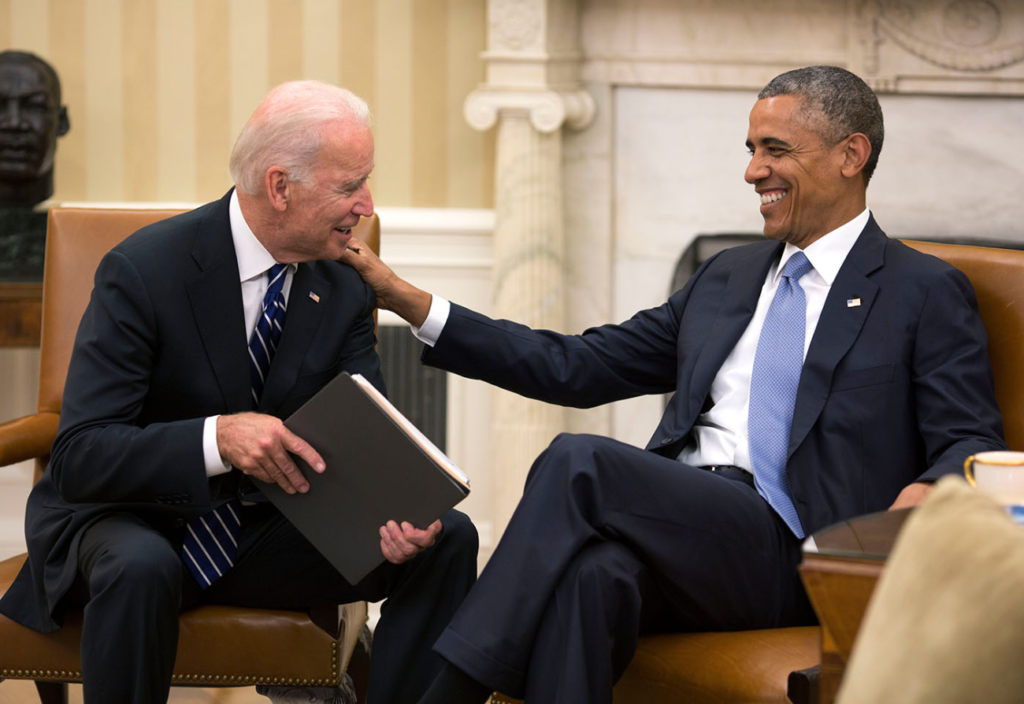What precipitated Shashi Tharoor’s new book, The Struggle for India’s Soul: Nationalism and the Fate of Democracy, is the path taken by Prime Minister Narendra Modi’s second term in office – a course towards autocracy, like Hungary and Turkey. The soul that India is in danger of losing is, somewhat surprisingly, its liberal, law-based constitution.
The title suggests that something mystical or, at least, spiritual is in danger of being lost, but that’s not what Tharoor is arguing. Instead, he says that it is India’s democratic pluralism that is in danger of being lost. And that is where India’s soul is.
India’s constitution was written by Jawaharlal Nehru and others who put together what is essentially a legal document. ‘The others’, like Nehru, were Westernised intellectuals. Indeed, Nehru’s upbringing was so Western that it was only in adulthood that he discovered India, and he wrote a book Discovery of India to mark the occasion.
According to Tharoor, Nehru is Modi’s favourite whipping boy. Modi is a Hindu nationalist. He wants Hinduism put into the foundations – i.e. the constitution – to which Tharoor is strongly opposed. Tharoor is a Hindu – he has written a book Why I Am A Hindu. But India’s constitution is secular, and Tharoor wants to keep it that way.
There is discussion about what ‘secular’ means in the constitution. Tharoor contends that it does not imply any opposition to religion. It leaves people to adopt any religion they choose, but, crucially, it does not give priority to any religion. That is where Modi and Tharoor differ.
Modi would give prominence to Hinduism in the constitution. India would then become a nation like Pakistan, which gives a special place to Islam and discriminates against other religions.
What is alarming to Tharoor, who sits on opposition benches in the national parliament, is that Modi nearly has the majority he needs to change the constitution – both houses of parliament and a majority of states. He just needs his party, Bharatiya Janata Party (BJP), to win in a few more states. Hence, this book.
Tharoor does need to get the word out. Although the BJP crushed his party, the Congress Party, at the last election, there was less than 50 per cent voter turnout.
There is no doubt about Modi’s company among heads of state. He has a deep suspicion of expertise, and there is a minority of the population that he demonises – Muslims.
Modi embraced Putin on the Russian leader’s recent visit to India and had India abstain from voting at the United Nations when the international community condemned Russia’s invasion of Ukraine. Modi aspires to top-down control, with him on top.
Anything like one-man rule in India is absurd. It has a population of over one billion and is exceedingly diverse. It recognises 23 languages. The rupee notes proclaim their value in 15 languages, and there are 35 languages spoken by more than a million people. India cries out for a decentralised form of government.
Modi would consider readers of this book cosmopolitan, urban and modern but deracinated and superficial in contrast to genuine Indians who are timeless and authentic. Maybe so. But this book contains much wisdom. It would be a tragedy for the world if its largest democracy became an autocracy.
Photo by Onkarphoto on Unsplash.














